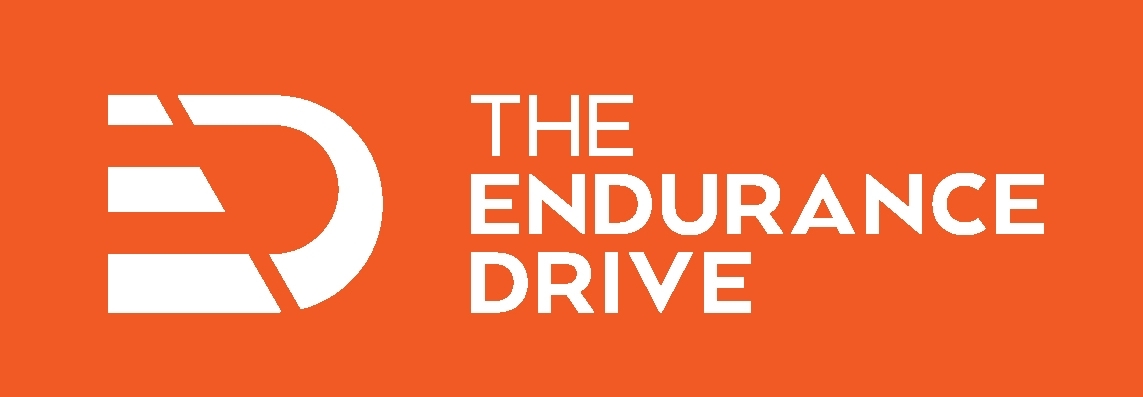Episode 3: The Female Athlete
This episode focuses on the female athlete. Coach Katie provides an overview on aspects of female physiology, health, and wellness that impact how she trains and coaches across life stages, including: the young female athlete, puberty, and relative energy deficiency in sport (REDs); tracking and training around the menstrual cycle; contraception choices for female athletes; pregnancy and postpartum return to training; training through peri-menopause and menopause; gear for female athletes; and recommended resources.
Extended show notes:
Katie — do you coach male and female athletes differently?
Specific workouts I prescribe and specific training principles I endorse do not differ very much between male and female athletes. Zone 2 is important. Strength training is important. Race simulations are important. Etc.
BUT there is a lot of nuance when it comes to female athletes that I think is important to take into account when developing a training plan, and those nuances are different across the life stages.
Coaching the young athlete?
REDs / female athlete triad. See blog post
Concerned about regular menstrual cycle; coming through puberty and body changes, it’s unfortunately really common to see a lot of overtraining, underfueling, and at that age there’s very little wiggle room for any type of energy deficit
At its worst, can lead to compromised bone density, bone stress injuries, with or without eating disorders -- which makes it SO important to be supporting athletes and asking questions about their health
What kinds of questions to ask?
Regular menstrual cycle
Note this can be tricky if on hormonal contraception, which is another topic I’ll touch on WRT the female athlete
Give specific advice on nutrition and refer to specialist as needed
Other indicators of LEA -- getting sick a lot, cold all the time, decreased performance, anxiety/depression
Key is you have to get people in contact with a specialist if you suspect this as a coach
Training around the menstrual cycle more broadly -- do you do cycle based training?
Generally no because you can’t control where your cycle is for racing
But have had some athletes who have had particularly challenging cycles and have wanted to structure training around it
Heavier training / hitting it hard in the follicular phase, back off on luteal phase
Broader point -- tracking your cycle and being open with coach about it can help you figure out why workouts may have felt particularly good or bad and set expectations around workouts. Definitely still recommend tracking it like any other metric
Nutrition -- extra carbs around luteal phase; extra sodium and electrolytes to deal with elevated body temp
Related to this - contraception?
See our blog post on contraceptive choices for female athletes
As a coach you might get asked for advice about this; some research says hormonal birth control has negative impact on athletic performance or recovery, other research says no impact
Want to underscore that this is a very new field that needs a lot more research
But keep in mind that any new contraception can change how you feel WRT training, so important to keep an open dialogue and think about making changes to your contraception routine in the off season
Later stages of life?
Pregnancy is huge - very new field of research; generally the best advice is to (1) listen to your doctor, (2) do what feels right and (3) OK to continue your pre-pregnancy routine as long as you feel ok.
Post partum is also by feel; probably wouldn’t suggest planning big races for mid pregnancy but coaches can support you through whatever your doctor says is ok.
Will note that there were previously some misconceptions and guidelines that have been shown to be not grounded in reality.
Menopause / perimenopause
Also under-researched but more attention to it now -- a time to focus a lot on strength training and maintaining speed rather than long, slow distance.
Any other thoughts on coaching the male vs. female athlete?
Gear is a big one! Recommendations for bike shorts, bike saddle, sports bras, etc. are different. See our female athlete gear page for details.
Strength training -- a lot of female athletes don’t come out of HS with the same kind of strength prep as men. Extra attention to trouble spots such as glute med, hips (avoiding IT band stuff, ACL injuries higher prevalence although mostly in team sports). Glute activation routine.
Some recommended reads:
ROAR by Stacy Sims
Next Level by Stacy Sims and Selene Yeager
Up to Speed by Christine Yu
Good for a Girl by Lauren Fleshman
